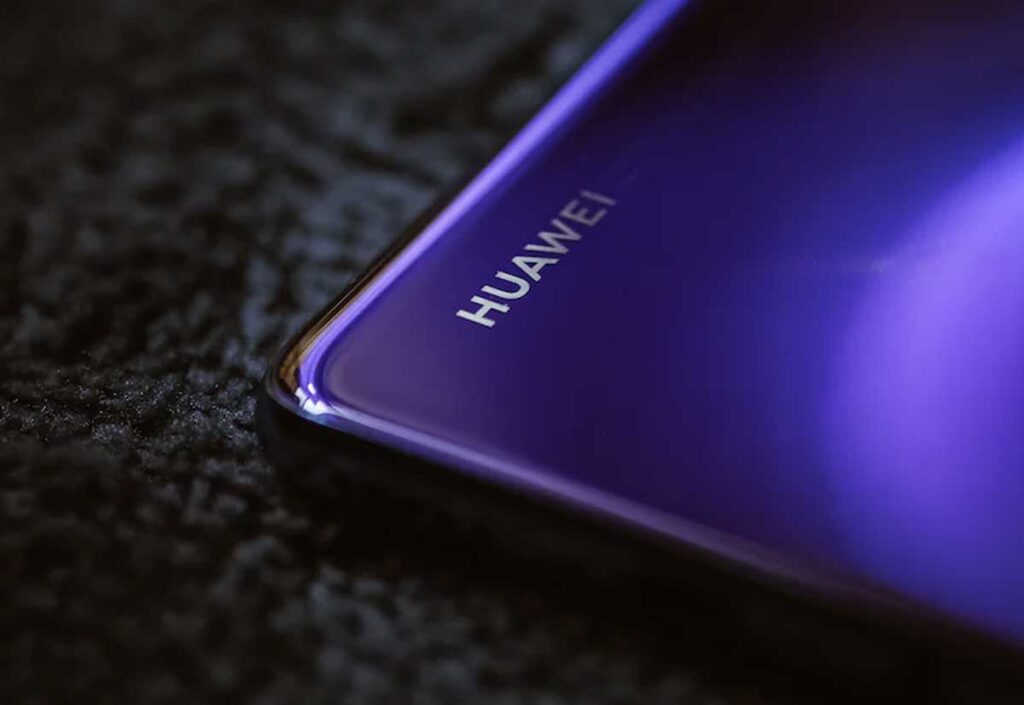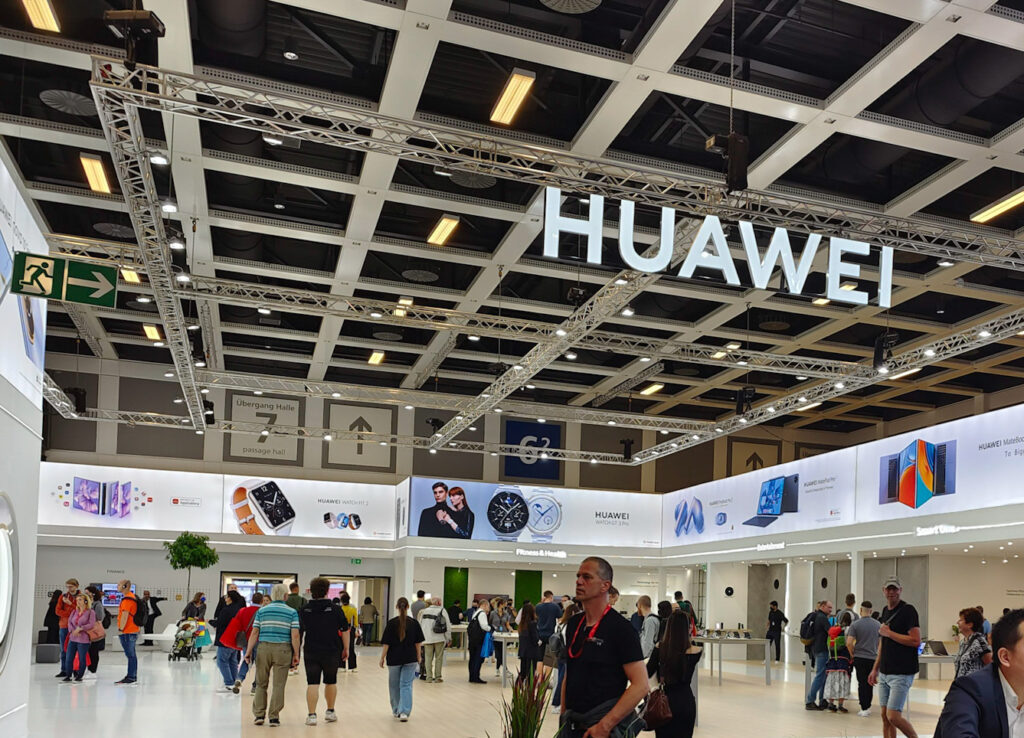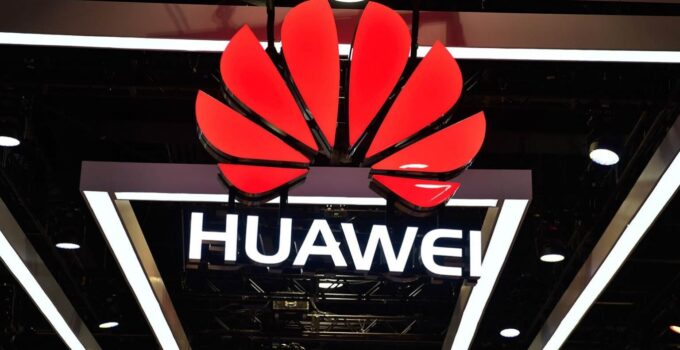Huawei Expands into Europe with First Factory in France Amidst Global Tech Tensions. Huawei, a name that’s become synonymous with both controversy and technological innovation, is set to make a significant move in 2024. The Chinese tech giant plans to start the construction of its first mobile phone network equipment factory in Europe, specifically in France. This strategic step marks a major shift in Huawei’s global manufacturing footprint, coming at a time when its 5G equipment faces restrictions in various European countries.
OPPO A79 5G: Where Elegance Meets Innovation at an Unbeatable Price
The company announced its intention to invest 200 million euros in this French facility back in 2020, envisioning it as a cornerstone for its European operations. However, the unforeseen challenges posed by the COVID-19 pandemic led to a delay in the commencement of this ambitious project.
Details about the factory’s operational timeline remain somewhat vague. According to insiders, the facility, located in Brumath near Strasbourg, is expected to open its doors in 2025. This move represents more than just an expansion of Huawei’s manufacturing capabilities; it’s a statement of resilience and adaptation in a rapidly changing global tech landscape.

Huawei’s decision comes amidst a backdrop of heightened scrutiny and restrictions placed on its equipment by several European governments. Concerns over security have led to limitations or outright bans on the use of Huawei-made technology in critical infrastructure, particularly in 5G networks.
The broader context of this development involves the complex and often tense relations between China and Europe. European leaders are actively engaged in discussions on how to navigate the risks associated with dependence on Chinese technology, especially in critical areas like 5G infrastructure and chip production. These discussions are part of a larger strategy to balance security concerns with the need to maintain cooperative ties with the world’s second-largest economy.
China holds a significant position in France’s international trade dynamics, ranking as the country’s third-largest trading partner after the European Union and the United States. In a move that underscored the complexities of this relationship, the French government in 2020 informed telecom operators that licenses for new Huawei 5G equipment would not be renewed upon expiration. This decision was seen as a gradual phasing out of Huawei from France’s mobile networks.
However, in a surprising turn of events, Chinese Vice Premier He Lifeng announced that France had decided to extend Huawei 5G licenses in some cities. This statement came after a meeting with French Economy Minister Bruno Le Maire in Beijing in July. This development suggests a nuanced approach by France towards Huawei, balancing national security concerns with economic and technological collaborations.

Lastly, Huawei continues to defy expectations in the tech world. Despite facing severe restrictions and challenges, including bans that limit its access to advanced technologies, Huawei astounded its global competitors, particularly the United States, by unveiling its latest Kirin 9000 chip. This achievement is particularly notable given the restrictions that have been placed on the company, demonstrating Huawei’s resilience and innovation in the face of adversity.
In summary, Huawei’s plan to build its first European factory in France is a move that reflects the company’s strategic adaptation in a global environment fraught with challenges and opportunities. It underscores the ongoing narrative of technological advancement and geopolitical maneuvering in the ever-evolving landscape of global tech industries.



